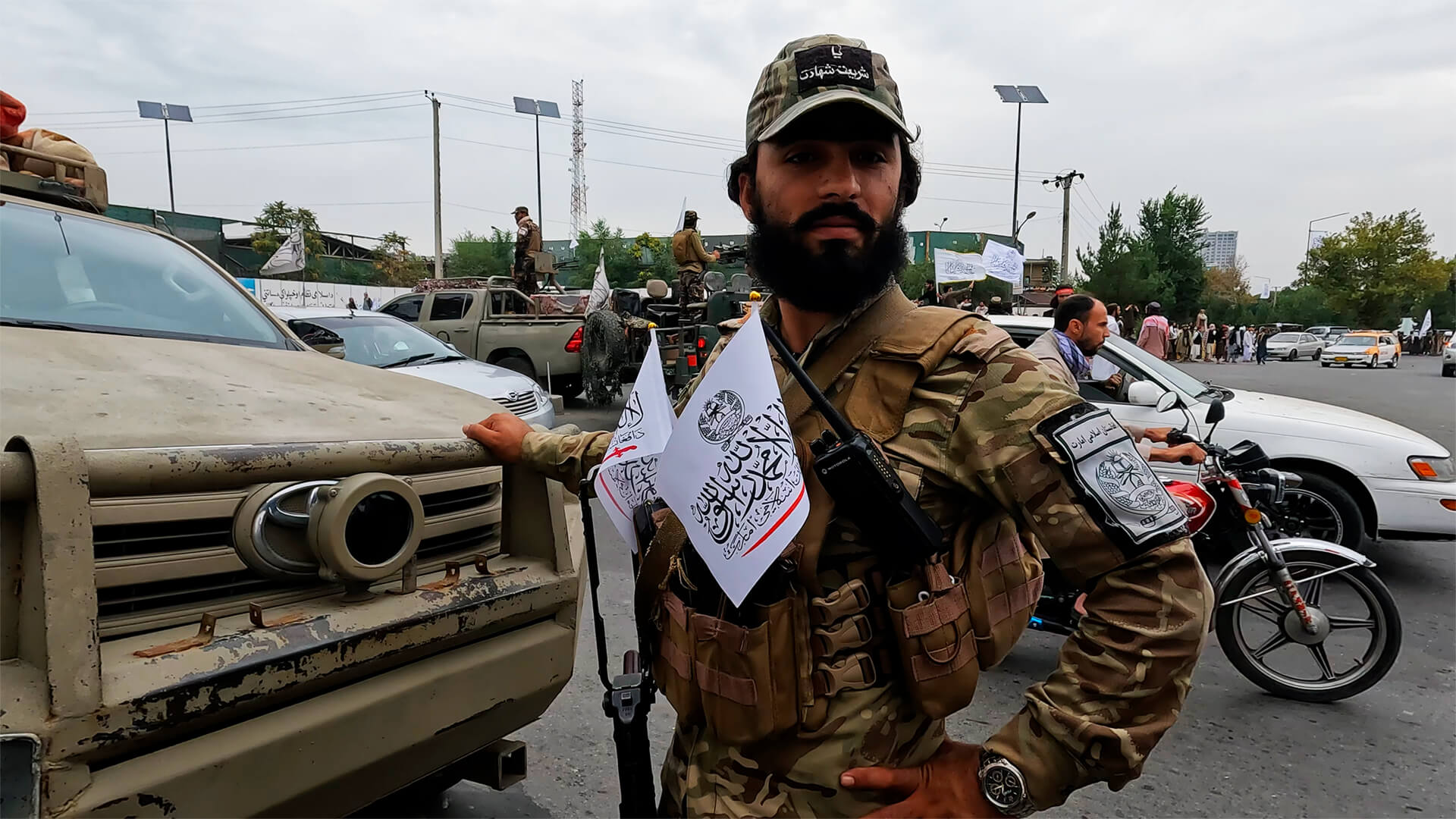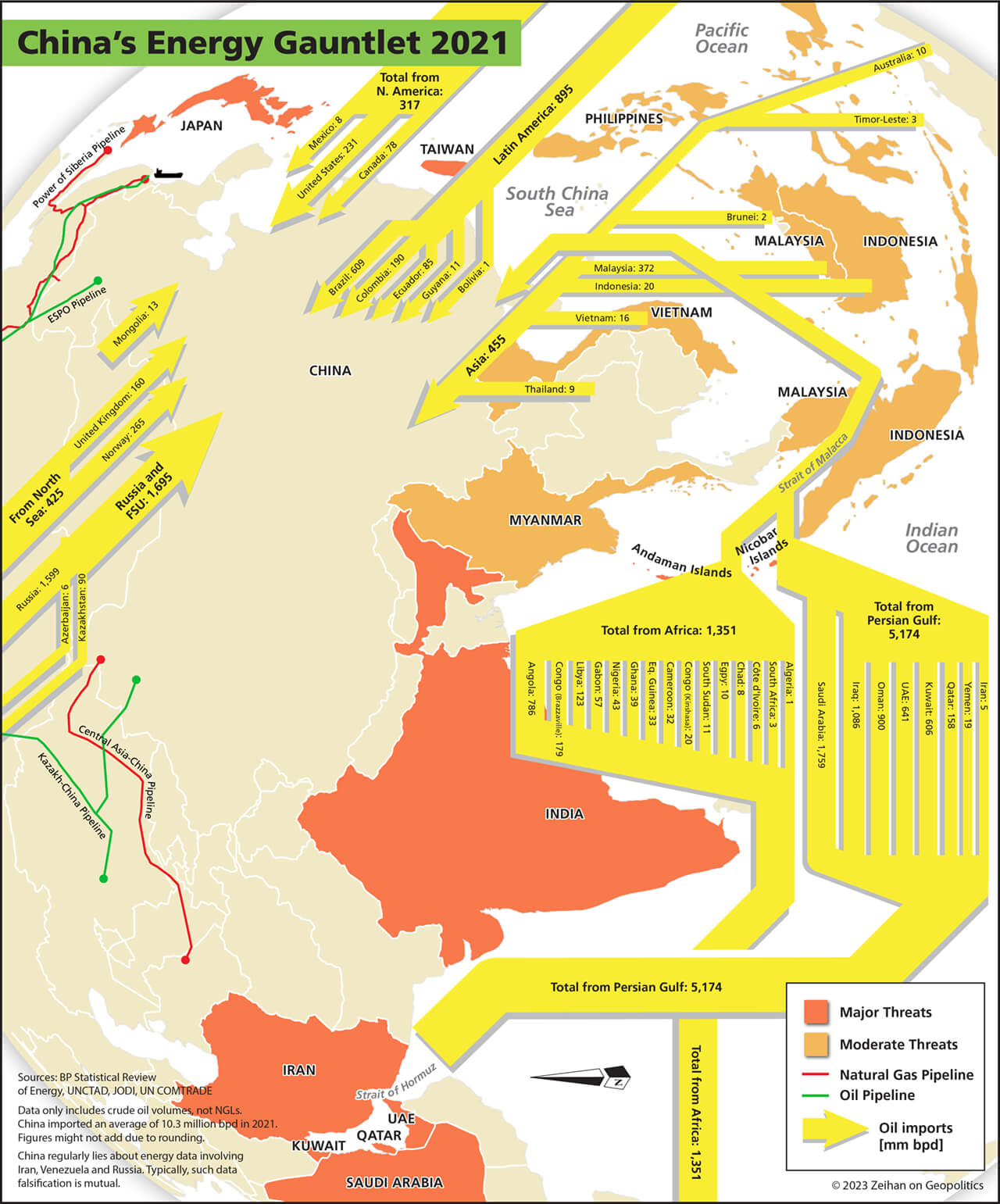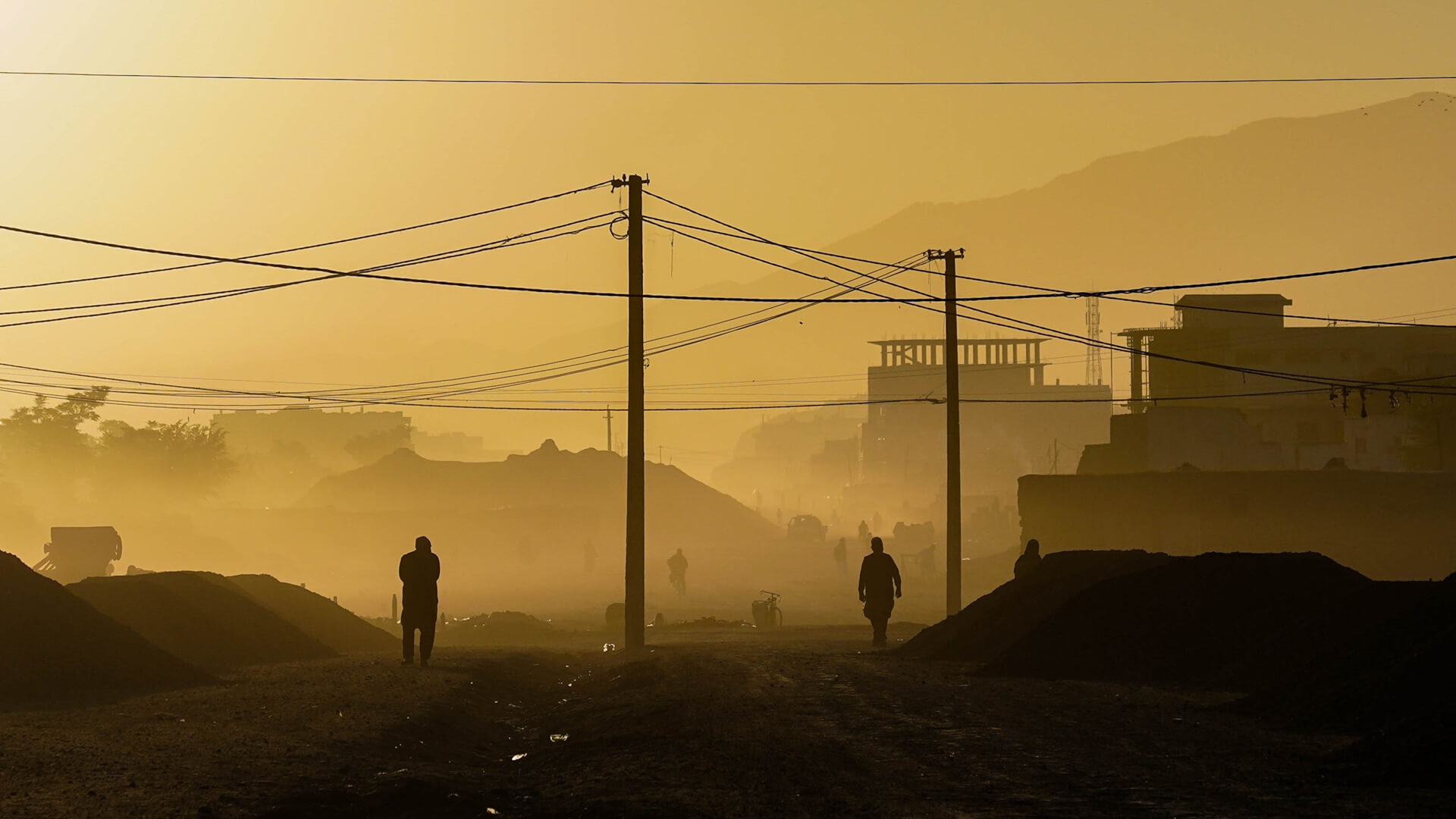The recent deadly clashes along the Pakistan-Afghanistan border have less to do with current events, and more to do with the fractured ethnic and political foundations of the countries. So, let’s look at the mounting instability threatening Pakistan’s internal cohesion.
Remember that the turmoil facing Pakistan is a broader trend. As globalization unravels, countries that rely upon foreign funding or have entanglements with outside powers will face a painful reckoning like this one.
Transcript
Hey, all Peter Zeihan here. Coming to you from Colorado. Windy day today. Sorry about the sound quality. If it’s not great. Anyway, today we’re going to talk about what’s going on in Pakistan. We’ve had a number of clashes that have killed quite a few people on the border between Afghanistan and Pakistan. And to understand what’s going on, we need to look at the wider South Asian region to understand kind of the origins of this and how it’s likely to unfold.
So, step one. Once upon a time, there was a people called the Punjabi who lived along the banks of the Ganges River in the Indus River and in a low saddle, a fertile land in between. But at one point an invading horde came through and converted half. Well, less than half some of the Punjabis religion, and so the majority, along with the Ganges, remained Hindu, and the minority over on the Indus became Muslim.
And that subtle and in-between kind of got split down the middle. Time went by and eventually the Brits came, as they tend to and conquered the area as they tend to, and loaded everybody into the same political, unit, because that’s what the Brits do. They won. The British Empire fell apart after World War two, and independent India now had to deal with the consequences of these different religious groups being under the same roof.
We almost had a Civil war, and it was solved with the territory of the force known locally as partition, in which independent Pakistan emerged from the old British Raj of India, giving birth to the two states that we now know today, more or less. Basically, the best way to think about it is that the Indians and the Pakistanis, especially the Punjabis, are all part of one family.
And as we all know, family arguments are the worst. I can already hear my Indian and Pakistani friends like, no, we’re not family. But you know, it’s like saying American. So we’re all family. Democrats and Republicans are all family. And so of course, we argue the loudest with the people we know the best. Anyway.
In independent India and smaller post partition, India, the Hindu Punjabis are far and away the largest ethnic group. And so while it is still a multi-ethnic state with different religions and different ethnicities, the Punjabi Hindus have pretty much always been large and in charge. And I don’t mean to suggest that it’s perfect. From time to time.
Somebody from one of the minorities kills a prime minister. So it’s not a perfect setup, but for the most part, India has managed since partition with a surprising grace and has managed to keep their democracy mostly intact, which is quite an achievement in my opinion. Hasn’t gone that way in Pakistan because in Pakistan, well, the Muslim Punjabis of Pakistan are the most powerful group and the most numerous group.
They’re not a majority. There’s somewhere between 40 and 50% of the population. And so they think that they should be in charge all the time, but they lack the numbers to achieve the sort of regular electoral victory that, the Punjabis and India can generate. So you get these bursts where they try democracy for a bit, and then it gets a little too rowdy with all the minorities.
You get a military coup because the military is pretty much controlled by the Muslim Punjabis. And so you have this in and out, and it’s one of the many reasons why Pakistan is much less stable and has not grown economically nearly as much as India since partition. All right. Here’s the backdrop. Now, within Pakistan.
we have a different problem because it’s a plurality, 40 to 45, 50% of the population. It’s also geographically concentrated. You’ve got sins in the south, you’ve got Baluch. She’s out west. And most importantly for today’s story, you have pushed to or Pashtuns, that are in the northwest part of Pakistan, in the rugged area up against the border with Afghanistan.
Now, some of you may remember push to. As part of the Afghan story and you’re remembering correctly because about a generation after partition, the Soviets invaded Afghanistan. And the push to of Pakistan made common cause with the push to of Afghanistan and fought alongside American support, the Soviets in Afghanistan.
And for those of you who want to come across a really good historical documentary of how that broke down, I would point you towards Rambo three. Anyhow, a few years later, the Soviets were gone and the Americans decided it was their turn to be in Afghanistan. And once again, the pashtu of Afghanistan, popularized by the group known as the Taliban and the past.
Who of Pakistan, who had their own group called the Pakistani Taliban really creative. They’re made common arms against the Americans. They did a quite a good job of it, in part because America’s supply lines into Afghanistan just go through Pakistan. They went through the push to part of Pakistan. Real logistical nightmare. I’m going to cut until we get out of the wind.
Where was I before? The women are up to. I can’t stand. So, less than a generation after the Soviets got kicked out, the Americans went in, tried to reshape it to their whims. And once again, the push to on the Pakistani border came to the aid of the brethren on the Afghan side. And by the way, the, pashtu on the Afghan side, a lot of people know them as the Taliban and the Pashtu on the Pakistani side.
A lot of people know those folks as the Pakistani Taliban. You can see how they get along so well. Anyway, eventually they were successful for a number of reasons, a number of ways, with a lot of contact and history and baggage getting the Americans to leave, too. So during this entire process, going all the way back to partition, the Punjabi Muslims of central Pakistan, you know, the powerbrokers, the people who control the military have always tried to use the Pashtun as a lever to extend their influence beyond their own borders, not just against the Soviets and the Americans.
It’s an ongoing strategy. But the thing is, is, unlike the Democrats or Republicans, these guys are not family. These are different ethnic groups with different interests who see the world through different lenses. And the primary difference is that the pashtu, see themselves as divided by an artificial border, whereas the Punjabis of Pakistan see themselves as large and in charge, and their brethren on the other side of the Indian border have their own state.
So it’s a different sort of clash.
Well, what’s happening here is what you would expect to happen when you have deliberately militarized and agitated one of your minorities for use in a war on the other side of an international boundary. When that war ends, the people stay radicalized and armed. And so we’re now in a situation where the pashtu of Pakistan and the pashtu of Afghanistan are cooperating against what they see as a colonizing force, which is at this time, instead of being the Soviets or the Americans, it’s the Pashtu Pakistanis own code nationals within Pakistan.
And if they had their way, we would be seeing another partition here with Pakistan being split now, is that going to happen? Who knows what can happen in history, especially history that hasn’t been written yet? And the Punjabis certainly aren’t going to go down quietly. But what we’re seeing now is the built in tension of the Pakistani state, finally being laid bare for all to see because the colonial wars, at least for the moment, are now over.
Does this matter beyond Pakistan and Afghanistan in the short term? Not really, but in the long term, you need to consider a couple of things. Number one, we are moving into a globalized world where the rationale for states is going to evolve and the economic models are going to change and trade patterns are going to mutate drastically, which means that every nation state in the world, every government in the world, is going to have to recalibrate and re justify or change the circumstances of the social contract by which their population infuses with their state.
In Pakistan, that’s probably gonna be pretty rough. And we’re seeing the early stages of that right now. But that doesn’t mean that’s the only place that’s going to happen. Any place where the economic, social and political order are based on broader international conditions. You’re going to see this sort of shift. And I would expect it to be most dramatic in places that really benefited from the old system.
I put Germany at the top of that list. Iran might be up there two, moving forward, we should expect to see a lot more Pakistans than we do India’s places that are more consolidated. Keep in mind that India never bet its economy on globalization. It was, if anything, on the Soviet side. And so it doesn’t have nearly as far to fall when globalization goes away, whereas Pakistan has basically been paid by someone, most recently, the Americans, to exist in its current form in order to succeed in a war in a different territory that’s over Pakistan now has to figure it out on its own.
And not all Pakistanis are of the same mind as to how that should go.









